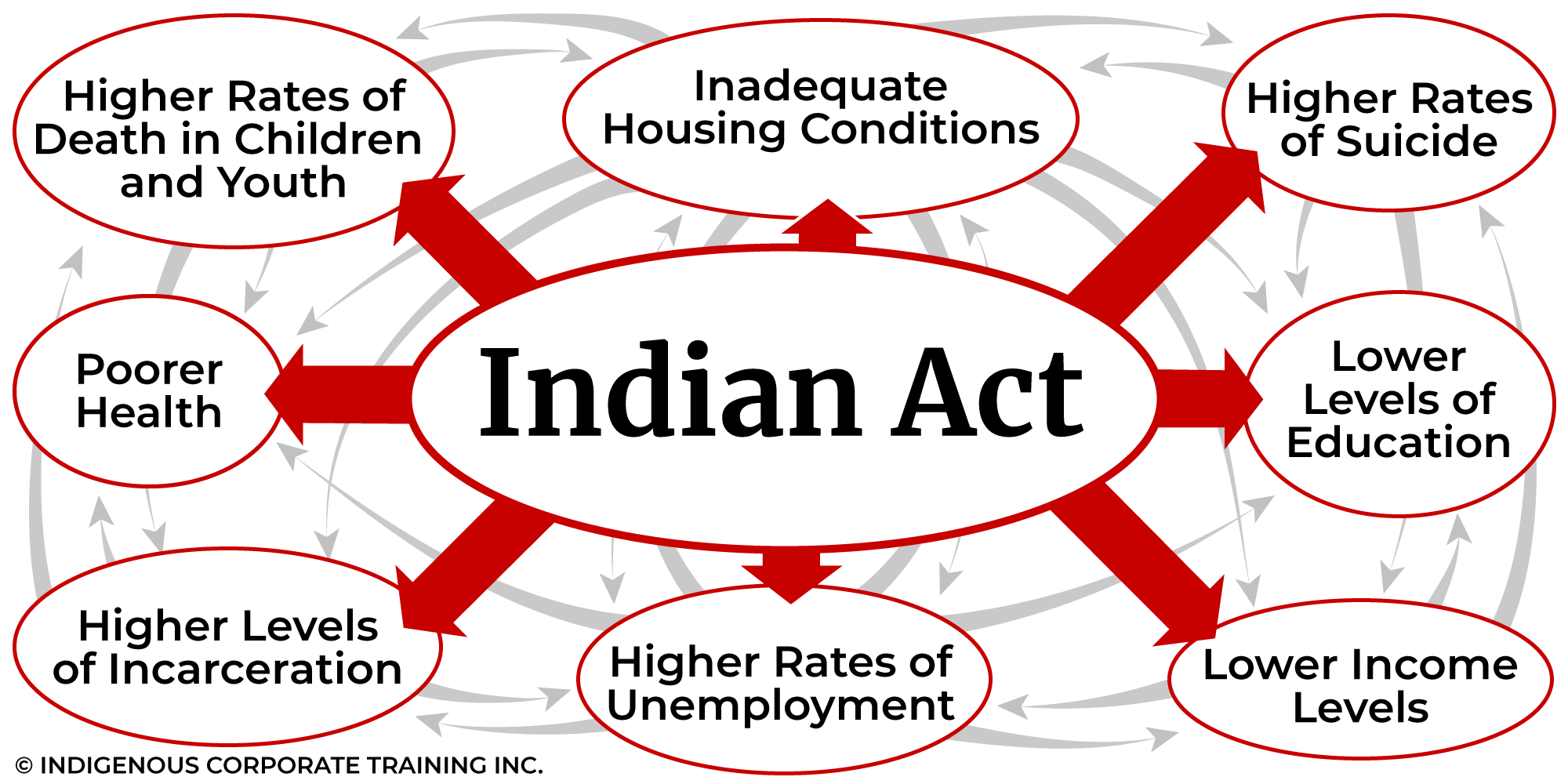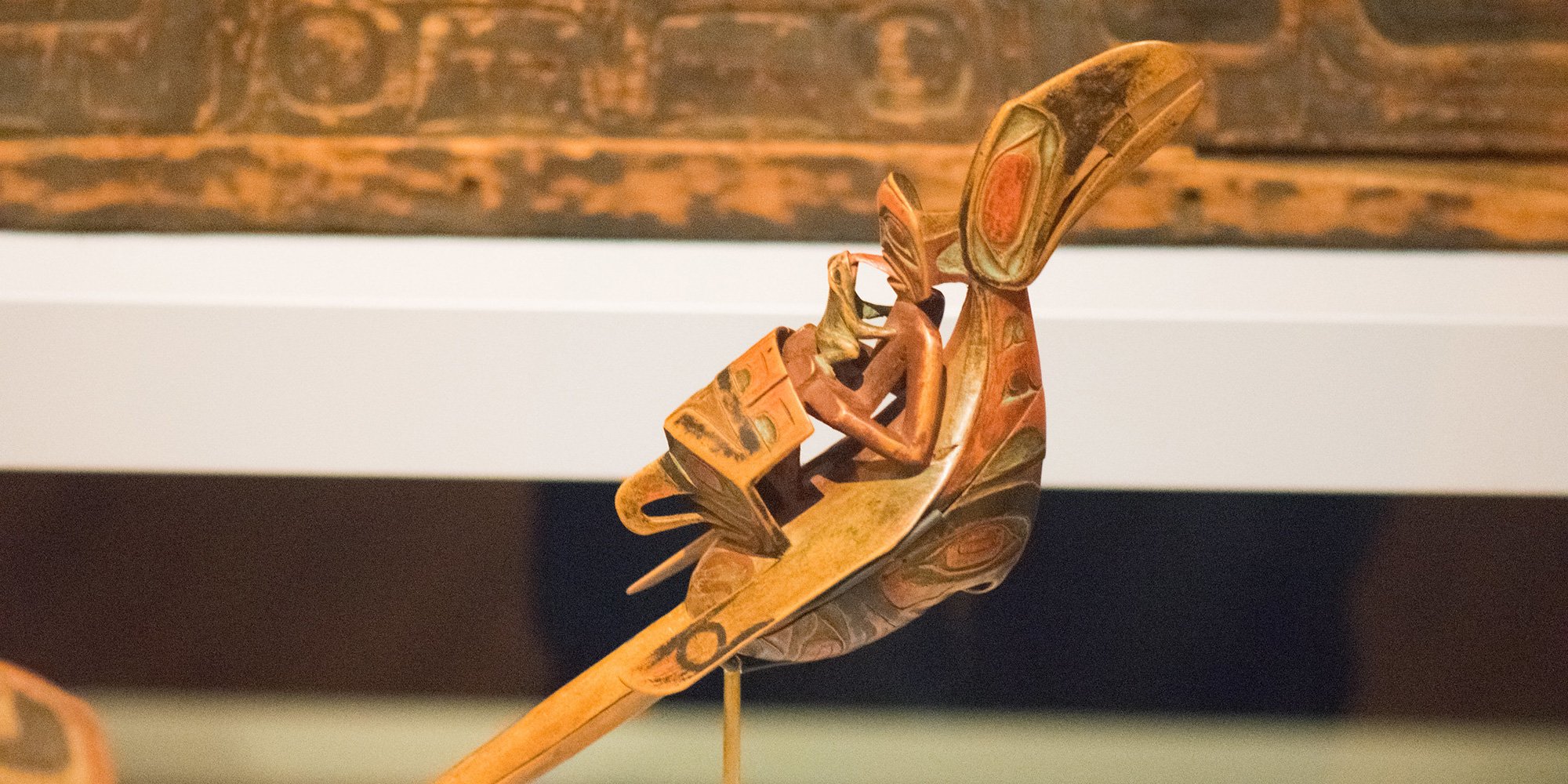5 min read
Poorer Health - #1 of 8 Key Issues for Indigenous Peoples in Canada
Destabilizing Indigenous health The enjoyment of the highest attainable standard of health is one of the fundamental rights of every human being...

5 min read
Destabilizing Indigenous health The enjoyment of the highest attainable standard of health is one of the fundamental rights of every human being...

3 min read
Eight of the key issues of most significant concern for Indigenous Peoples in Canada are complex and inexorably intertwined - so much so that...

2 min read
Since the Truth and Reconciliation Commission of Canada released its report and 94 Calls to Action, we have seen significant progress for Canada and...

2 min read
For many survivors of residential schools and their families, the Papal apology was all they hoped to hear, for others, it did not go far enough....

2 min read
The Wetʼsuwetʼen protests in 2019 and 2020 were widely reported on and sparked public interest around one of many misconceptions of Hereditary Chiefs...

2 min read
...Reconciliation is about establishing and maintaining a mutually respectful relationship between Aboriginal and non-Aboriginal peoples in this...

3 min read
First and foremost, on behalf of myself and my father, Chief Dr. Robert Joseph, O.B.C., O.C, I want to give my condolences to the Gosnell family and...

4 min read
Recent events in Canada have shown that resource development projects can face extensive resistance from the affected Indigenous communities if...

1 min read
National Indigenous Peoples History Month is a time to acknowledge the history of Indigenous relations and Indigenous Peoples in Canada....

2 min read
The Seventh Generation Principle is based on an ancient Haudenosaunee (Iroquois)* philosophy that the decisions we make today should result in a...